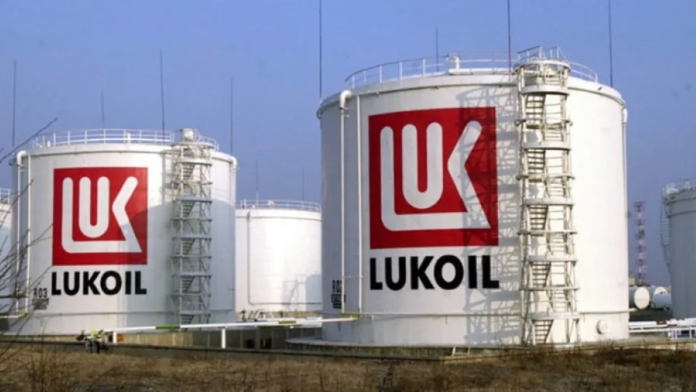Bulgaria has increased security at the Lukoil refinery in Burgas as the government prepares to take control of the facility. The step follows new legislative changes passed last week, allowing the state to take over the refinery and later sell it to a new owner. The purpose of this move is to protect the refinery from the impact of United States sanctions targeting Russian-owned companies.
Authorities have started carrying out inspections and putting strict safety measures in place to make sure the refinery continues to operate without disruption. The Burgas refinery is considered one of Bulgaria’s most important pieces of energy infrastructure. Because of this, the government is treating the handover as a high-security process to prevent any possible threat or damage. Officials confirmed that the increased security is precautionary and aims to ensure that the refinery, along with linked facilities, remains fully secure and functional.
On-Ground Security Measures Begin
Security forces have been deployed around the refinery, and authorities have begun detailed inspections of the site. The State Security Agency, the Ministry of Internal Affairs, and the Ministry of Defence are working together to manage safety at the Lukoil facilities. Security teams are checking compliance with protection plans and have introduced new layers of monitoring and supervision.
The Ministry of Defence has deployed an anti-drone system in the Burgas area to prevent unauthorised drone activity. This system is designed to detect, block, or disable drones that could pose a security risk.
Military police brigades have been placed on standby and are ready to support internal security forces if required. Vehicles entering the refinery area are being strictly checked, including inspections for dangerous objects or explosive devices.
Officials have stated that these measures are not a reaction to a specific threat but are being carried out to avoid potential problems.
Reason Behind the State Takeover
The decision to take control of the refinery is directly linked to upcoming United States sanctions that are set to take effect on 21 November. These sanctions target Russian-owned oil businesses operating in Europe. As the Lukoil refinery in Burgas is linked to a Russian parent company, Bulgaria fears that leaving the refinery under its current ownership could expose it to sanctions and possibly force a shutdown or limited operations.
A shutdown of the refinery could lead to fuel shortages, higher prices, and wider economic challenges for the country. By shifting control to the state, Bulgaria aims to keep the facility running without legal or financial complications caused by the sanctions.
The issue is not limited to Bulgaria. Romania is also facing a similar situation with the Petrotel refinery, which is linked to Russian ownership. However, Romania has said that nationalisation will only be used as a last resort. Both countries are looking for ways to prevent their energy markets from being harmed by the sanctions.
Hungary escapes U.S. sanctions — Trump approves Russian energy exemption for one year
Russia Responds to Bulgaria’s Move
The decision by Bulgaria has already led to a response from Russia. Russian officials have commented that the actions taken by Bulgaria appear rushed and legally doubtful. They suggested that the new law allowing the takeover looks similar to expropriation of property. Russian representatives warned that Bulgaria is taking a risky decision and said this could set an unsettling example for other countries.
Despite the criticism, Bulgaria is continuing with the takeover process and maintains that the step is necessary to protect national interests and avoid sanctions-related harm.
The situation has attracted attention within Europe as it touches on energy security, sanctions, and control over critical infrastructure. The developments are being closely followed due to their impact on regional energy stability and political relations.


